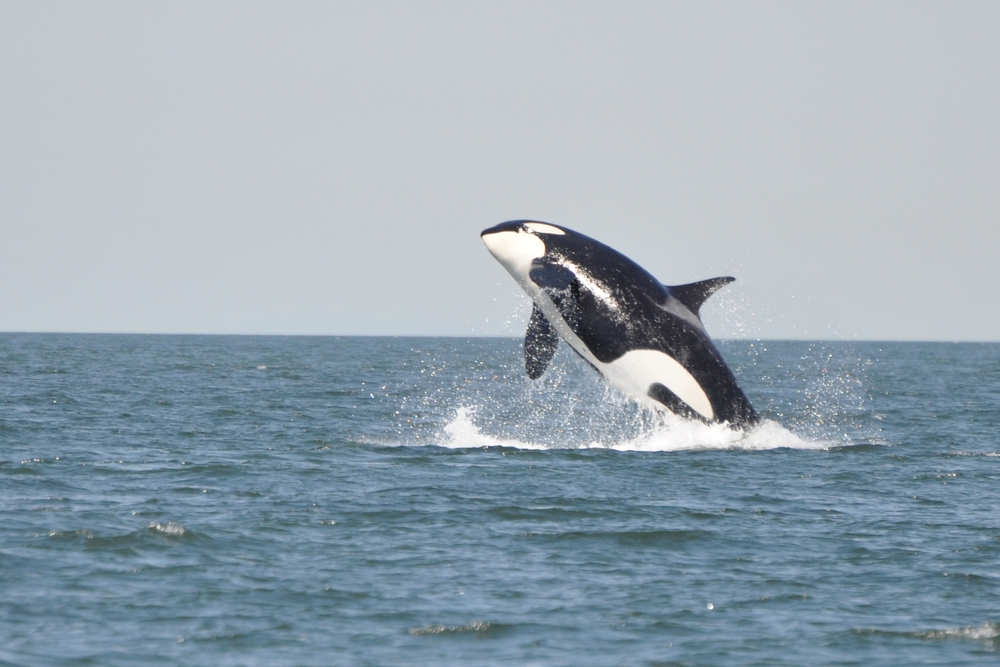
Whales Get Bitten by Mosquitoes, Too

Get the world’s most fascinating discoveries delivered straight to your inbox.
You are now subscribed
Your newsletter sign-up was successful
Want to add more newsletters?

Delivered Daily
Daily Newsletter
Sign up for the latest discoveries, groundbreaking research and fascinating breakthroughs that impact you and the wider world direct to your inbox.

Once a week
Life's Little Mysteries
Feed your curiosity with an exclusive mystery every week, solved with science and delivered direct to your inbox before it's seen anywhere else.

Once a week
How It Works
Sign up to our free science & technology newsletter for your weekly fix of fascinating articles, quick quizzes, amazing images, and more

Delivered daily
Space.com Newsletter
Breaking space news, the latest updates on rocket launches, skywatching events and more!

Once a month
Watch This Space
Sign up to our monthly entertainment newsletter to keep up with all our coverage of the latest sci-fi and space movies, tv shows, games and books.

Once a week
Night Sky This Week
Discover this week's must-see night sky events, moon phases, and stunning astrophotos. Sign up for our skywatching newsletter and explore the universe with us!
Join the club
Get full access to premium articles, exclusive features and a growing list of member rewards.
No one's immune to mosquito bites — not even killer whales. Reports of captive killer whales dying of deadly mosquito-borne viruses are proof that these irksome insects have a taste for cetacean seafood. In 1990, the 25-year-old male orca Kanduke died at SeaWorld Orlando after contracting an encephalitis virus from a mosquito. In 2007, a 14-year-old male whale called Taku died of West Nile Virus at SeaWorld San Antonio. So far, there have been no reports of wild killer whales catching lethal viruses.
Scientists now think the captive whales are at risk partly because of the shallow pools they inhabit, where there body parts are exposed to the air and pesky insects, the researchers report in the current issue of the Journal of Marine Animals and Their Ecology, ScienceNOW writes. When it comes to mosquito bites, surface area is not working in the whales' favor. You'd need a lot of bug repellant to protect a creature that size.
Follow us @livescience, Facebook & Google+.
Get the world’s most fascinating discoveries delivered straight to your inbox.

 Live Science Plus
Live Science Plus










